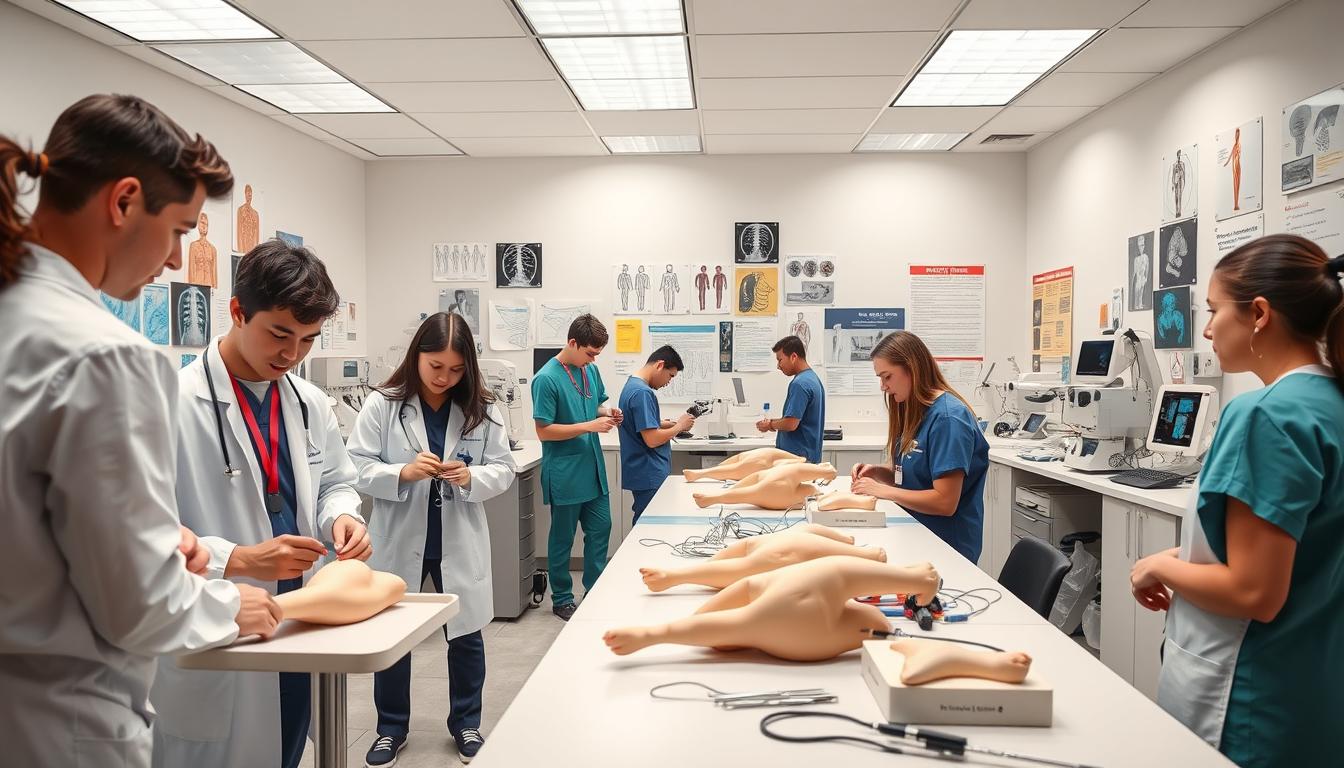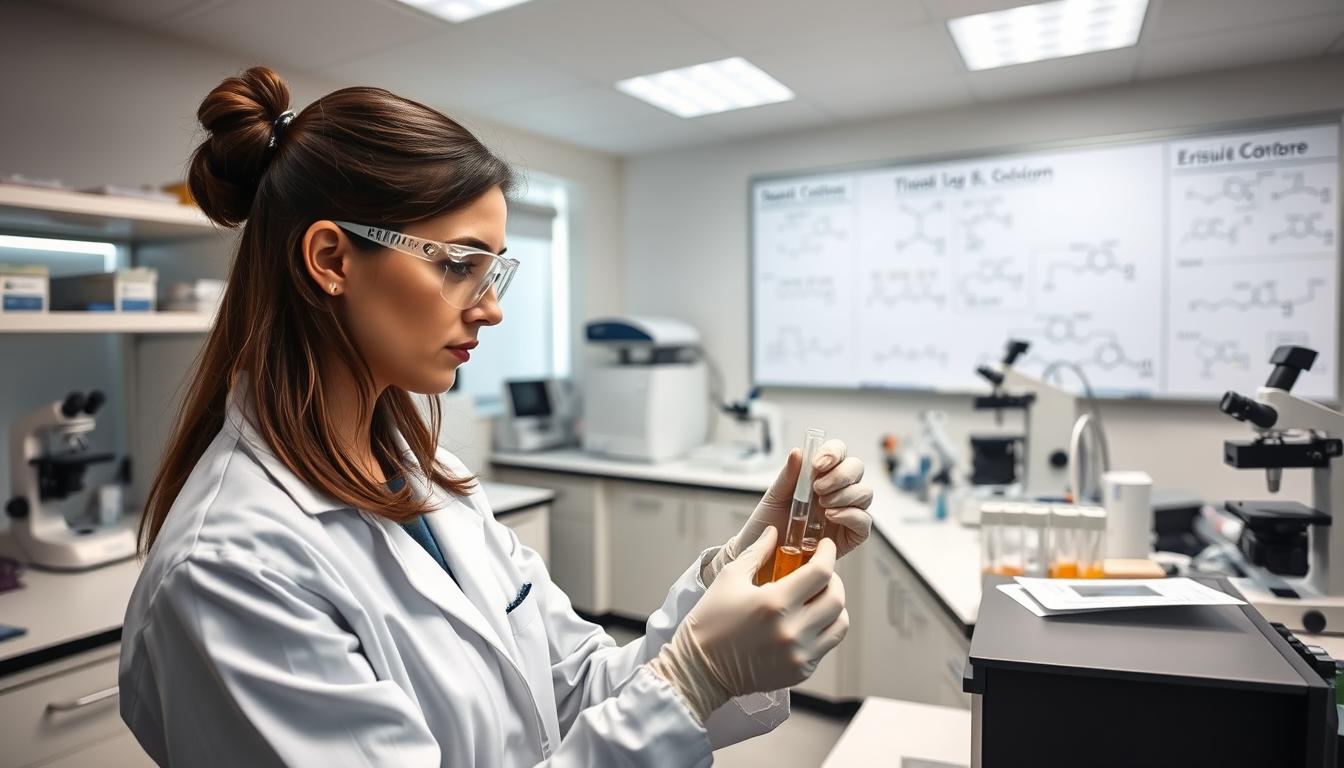Did you know that the healthcare industry is projected to experience a significant shortage of skilled workers in the coming years? This shortage underscores the…
Medical Career & Education
Steps to Becoming a Medical Lab Tech
The demand for skilled medical laboratory professionals is on the rise, with the Bureau of Labor Statistics projecting a 7% growth in employment opportunities from…

